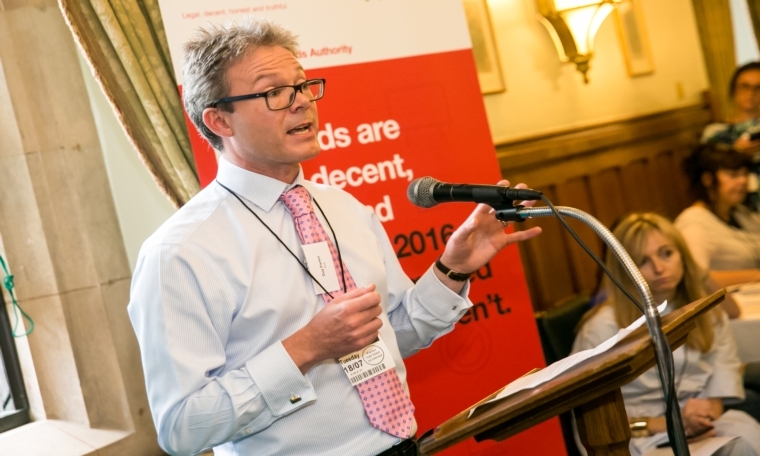
An abridged version of this piece originally appeared in The Times on 29 May 2018.
The 29 May is an important day for hundreds of thousands of UK consumers. Why? It’s the deadline we’ve given the big four secondary ticketing companies (Viagogo, StubHub UK, Seatwave Ltd and GET ME IN! Ltd) to remove misleading price claims on their websites. If they don’t, we’ll refer them to Trading Standards for breaches of Consumer Protection law, which could result in prosecution and significant fines.
Many of us will have used a secondary ticketing site. It’s big business. In essence, they provide a platform where people can buy or sell second hand tickets for concerts, sporting events, theatre or festivals. But there have been problems. Following our recent formal investigations and a sector-wide sweep, we uncovered various misleading pricing practices.
The big four secondary ticketing companies were not being upfront and clear about their additional ticket fees and charges. People lured in by attractive initial prices were hit with big fees towards the end of the customer journey.
And the add-ons were not only unexpected, they were often eye-wateringly expensive. We saw an example of ticket advertised at £180 but the final price ended up being £250. That’s a 39% hike. That’s not only frustrating for people, it’s unfair. So we’re committed to putting a stop to it.
Our rulings in March made absolutely clear that the price you see at the start of the booking process should be the price you pay at the end. No more surprises.
But why is this important? Aren’t most of us aware that these sites always add on charges when you get to the checkout?
Our advertising rules require businesses to include non-optional charges and fees upfront, but we know from research into consumer behaviour why that’s so important.
It is an in-built part of the human condition for us to anchor on to the initial price and, by the time we get to the later stages of the customer journey when the additional charges first appear, we’re committed to the purchase and less likely to pull out. How often have you been surprised by the extras, briefly contemplated starting again, given up with a weary shrug and then hit “buy”? Well, we shouldn’t have to.
We’ve put the sector on notice. And we’re not the only ones scrutinising its practices. Our work complements broader enforcement action by the Competition and Markets Authority in this area. Also, the Department for Business, Energy and Industrial Strategy have issued new rules to increase transparency in the secondary ticketing market, providing greater clarity for consumers and helping ensure they are paying a fair price.
Our Compliance team has been working directly with and received assurances from the companies to ensure they make the necessary changes to their advertising by our deadline. Mindful that that has involved structural changes to their websites, we’ve given them three months to get their houses in order. We think that’s plenty of time.
We would prefer not to have to refer any of these businesses to Trading Standards. Better we see changes that work in the public’s interest and build trust in secondary ticket advertising. But if they won’t cooperate, we won’t hesitate to take further action. If secondary ticketing sites continue to mislead, it’s only fair that they pay the penalty. (Editor's note: following a failure to comply with the rules, we referred Viagogo to National Trading Standards on 30 May 2018.)
More on
-
Keep up to date
Sign up to our rulings, newsletters and emargoed access for Press. Subscribe now.


